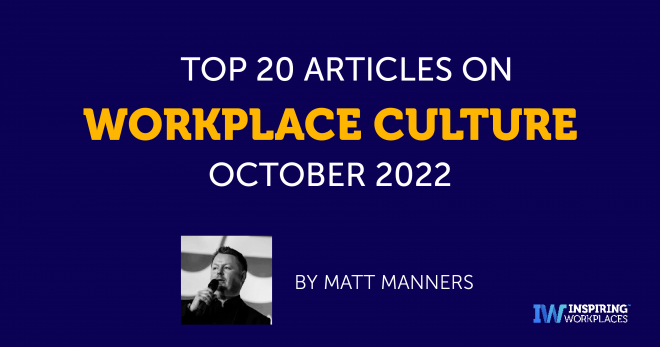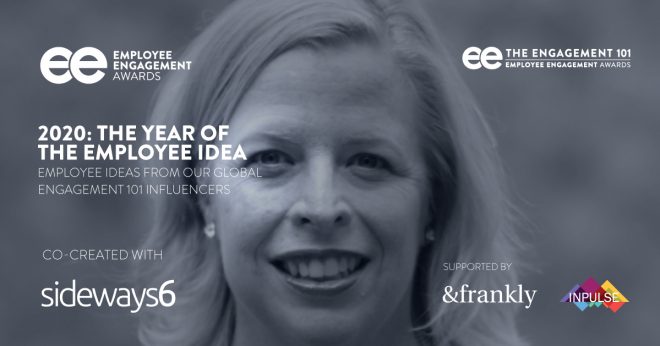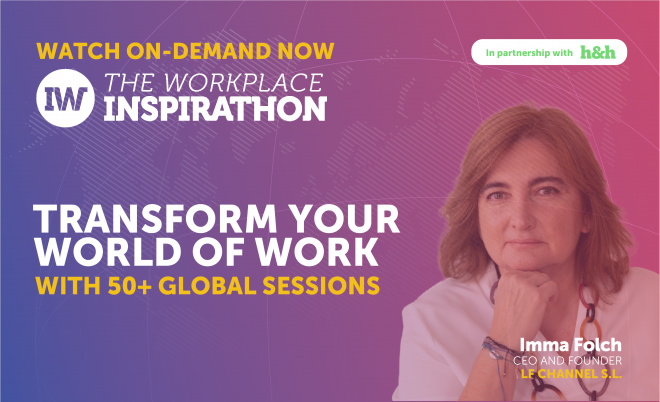The news that many larger organisations are asking staff to return to on-site working has polarised views among managers and HR teams with a global workforce.
According to Gartner, over the last 12 months, 63% of HR leaders report increasing expectations for employees to return to offices. Many organisations that have encouraged on-site work but experienced low compliance are resorting to return-to-office (RTO) mandates. However, 74% of HR leaders cite RTOs as a source of conflict and carrying steep costs.
Gartner says RTOs are particularly unpopular because:
- employees value a healthy work-life balance
- high performers, women and millennials prize flexibility
- high performers may feel especially resentful about mandates, particularly if they maintained performance or over-delivered during the pandemic employees may view mandates as a sign of mistrust from management.
How global managers find balance on hybrid working?
Jonathan Evans, the CEO of Discovery, helps companies in the UK, Europe and North America like AB InBev, Gatwick Airport, Intercity, Merlin Entertainment Group and Furniture Village, build better workforces. He is an expert in HR leadership, workplace culture and productivity, especially at large companies.
“There is much debate on remote work versus returning to the office, and the distinction between efficiency and effectiveness is pivotal in this conversation,” he explains. “While efficiency involves completing tasks with the least waste of time and resources, effectiveness focuses on achieving the desired outcomes. It is possible for employees to perform tasks efficiently, but to miss the mark in terms of business objectives – essentially, doing the wrong thing well.
”For example, remote work can lead to high efficiency because of reduced commuting time and fewer office distractions. However, this does not automatically translate to effectiveness if it leads to isolation or misalignment with company goals.
The distinction highlights the need for clear communication of business objectives and strategic goals. This ensures that employee efforts are not only efficient, but also aligned with the desired outcomes.
The importance of supportive cultures
For Jonathan Evans, company culture plays a crucial role in balancing efficiency and effectiveness. A positive culture fosters collaboration, innovation and a sense of belonging, which are all essential for achieving both efficiency and effectiveness.
“In-person interactions often facilitate spontaneous conversations and mentorship, particularly important for those early in their careers who are developing their skills and understanding workplace norms,” he says. “Younger employees, or those new to the workforce, benefit greatly from the mentorship and immediate feedback that a physical office environment can provide. These interactions help them build the resilience and social skills necessary for long-term career success.
”Then there is the discussion around wellbeing and employee burnout. The shift to remote work has brought attention to the importance of mental health and work-life balance. “While remote work offers flexibility, it can also blur the lines between personal and professional life, leading to burnout,” Jonathan says. “Organisations must support their employees by promoting a culture that values wellbeing, offering resources such as mental health support and encouraging a healthy work-life balance.
”For early-career employees, who may lack the established routines and support networks of more seasoned professionals, the challenges are particularly acute. They require guidance, opportunities for social interaction and structured development programmes to help them grow within the company. A supportive work culture that prioritises wellbeing and development can significantly enhance their effectiveness, aligning their personal growth with the organisation’s strategic goals
“A hybrid model, combining both in-office and remote work, is increasingly seen as an optimal solution,” says Jonathan. “It allows employees to benefit from the flexibility of remote work while also leveraging the collaborative and social aspects of the office. According to the World Economic Forum, many companies are moving towards this model to maximise productivity and employee wellbeing.”
Job crafting – a new way to enhance employee engagement?
Dr Esther Canonico of Imperial College Business School is a well-known expert in employee relations, organisational behaviour and flexible working. As well as spending many years as a remote worker herself, her academic research has long looked into the impact and implications of remote and flexible working for both organisations and employees. It focuses on productivity, wellbeing and satisfaction, as well as the mechanics of how companies can manage these working arrangements successfully.
Dr Canonico’s work has included long-term surveys of over 500 staff and managers, investigating the impact of remote work on employee output and wellbeing. It finds strong positives for both of these, but only when companies can manage the relations effectively.
Measures such as ensuring remote staff still feel connected to the company, relationships between employees remain solid, and effective management of both in-person and remote staff so that all staff receive equal career prospects, attention and opportunities, are vital. Her work advises managers on how to do exactly this. She suggests that if employees report a high level of job satisfaction, motivation and engagement, then it can be considered that they work in a happy work environment.
“A key driver of job satisfaction is the sense of job autonomy and control that employees have over various aspects of their work, including their schedule and location,” she says. “To improve employee engagement and motivation, managers can facilitate employees being empowered to shape their jobs to make them more meaningful and enjoyable.”
She suggests that forcing employees to lose the work flexibility they prefer or need could negatively affect their performance. There is also some misconception about working from home, as it doesn’t necessarily mean doing so full-time. “Research indicates that, ideally, working two or three days at the office in a five-day week is optimal in terms of the benefits it brings to employees and employers,” she says.
“Additionally, for homeworking to be effective, it needs to be voluntary. Overall, the main idea is that employers should offer working practices that address employees’ needs and preferences to maximise employee productivity.
”Since having a more flexible working policy can positively impact employee motivation, engagement, job satisfaction and job performance, there is a strong business argument for allowing flexibility. One reason for these effects, she says, is that employees may perceive an increase in organisational support, meaning they feel that their organisation cares about them. Research also suggests that these positive effects extend not only to employees who use flexible working practices, but also to those who are aware of them although do not use them.
“Employees having the freedom to shape their work sounds like job crafting,” she says. “Job crafting involves employees making changes to their job demands and resources to create a more meaningful, engaging and satisfying work experience. Organisations can foster job-crafting behaviour by creating supportive conditions by recognising individuals as proactive agents who shape their jobs and modify their job characteristics. Since job crafting includes individual proactivity and self-initiated job changes, it can complement traditional top-down job redesign approaches.”
Read the article in full here: Hybrid working: Creating new, high-trust workplace cultures









